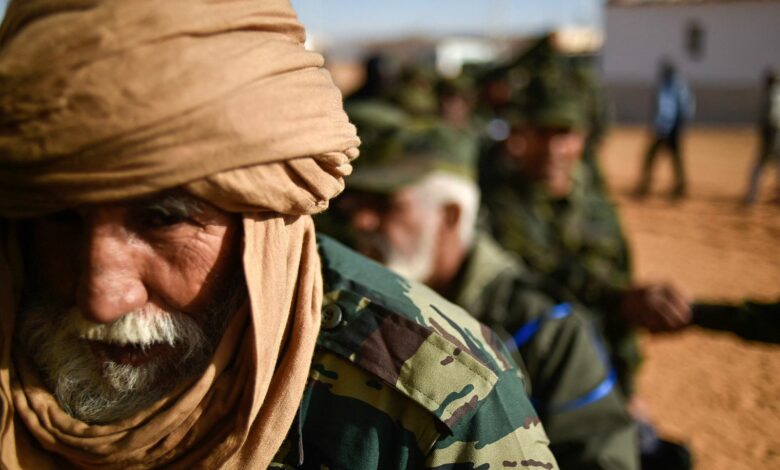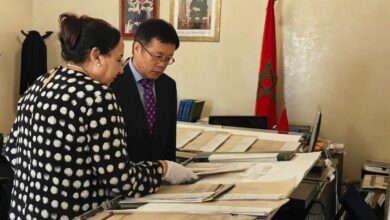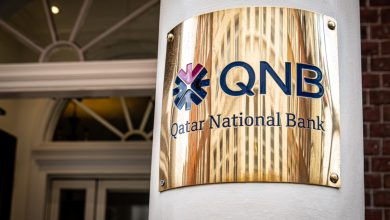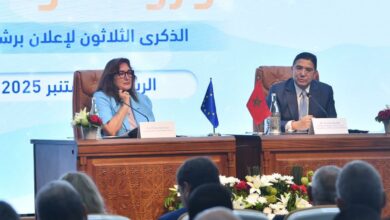From Tindouf to Syria and the Sahel: The Path of Polisario Mercenaries Serving Iran and Algeria

ALDAR / Meryem Hafiani
It is no longer a secret that the Polisario Front, long marketed under the guise of a “liberation movement,” is in fact nothing more than a transnational militia operating according to regional and international agendas aimed at fostering instability. What began as a propaganda project has turned into a mercenary card in the hands of regimes notorious for sponsoring terrorism. Field reports and investigative research reveal the Front’s true nature: a destabilizing tool wielded by Algeria and Iran, deployed whenever there is a need to ignite conflict.
A report by the U.S. organization DAWN, authored by Dutch journalist Rena Netjes, provided concrete evidence that more than 120 Polisario members were recruited in 2012 into the Syrian army under the direct supervision of Iran’s Revolutionary Guard and in coordination with Algerian intelligence services. Footage broadcast by DW Arabic and leaked documents from Damascus confirmed the integration and arming of these mercenaries. Testimonies from captured fighters further revealed their deployment alongside Algerian soldiers on the Aleppo fronts, where they fought under the command of Iranian officers. The Washington Post supported these findings by uncovering specialized training camps provided by Tehran for Polisario fighters, noting that hundreds of them remained in Syrian custody after the regime collapsed in several areas.
But the threat posed by Polisario was not confined to Syria. In the African Sahel, where terrorism and trafficking converge, the militia played a pivotal role. Official United Nations reports, including those submitted to the UN Security Council since 2014, warned of the growing involvement of Polisario members in arms and drug trafficking networks that finance terrorist groups in the Sahel and Sahara. Likewise, European missions—particularly European Union security reports on the Sahel—indicated that some Polisario camps in Tindouf had turned into fertile grounds for recruiting and training mercenaries before dispatching them to conflict zones in Mali and Niger.
In this context, studies by leading international think tanks such as International Crisis Group and the Atlantic Council concluded that Polisario has become an integral part of the complex security challenge in the Sahel, where it is increasingly difficult to distinguish its illicit activities from the networks of Al-Qaeda and ISIS operating in the region. The magazine Jeune Afrique also confirmed that Polisario elements played logistical roles in northern Mali, exploiting their knowledge of desert routes to facilitate the movement of weapons and contraband.
Against this backdrop, calls are mounting within international diplomatic and security circles to designate Polisario as a terrorist organization. Documented evidence demonstrates its involvement in cross-border terrorism, its direct ties to terrorism sponsors in Algeria and Iran, and its role in undermining the stability of sovereign states. Turning a blind eye to these realities is no longer an option, especially as threats intensify across North Africa and the Sahel.
The myth of a “liberation movement” no longer convinces anyone. Polisario has morphed into a mercenary terrorist arm that threatens both regional and global security, placing the international community before a historic responsibility: either explicitly classify it as a terrorist organization, or continue ignoring a danger that expands and fuels chaos wherever it sets foot.





